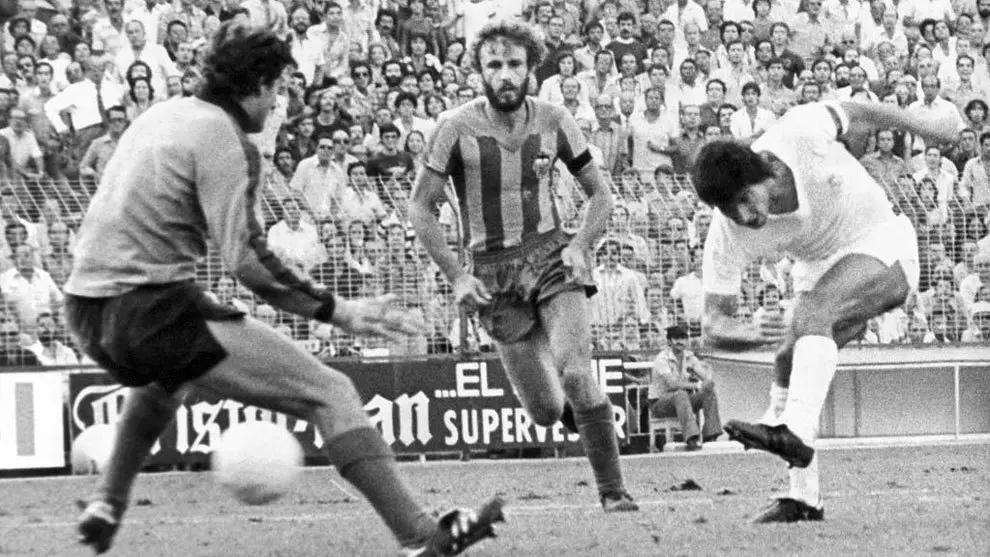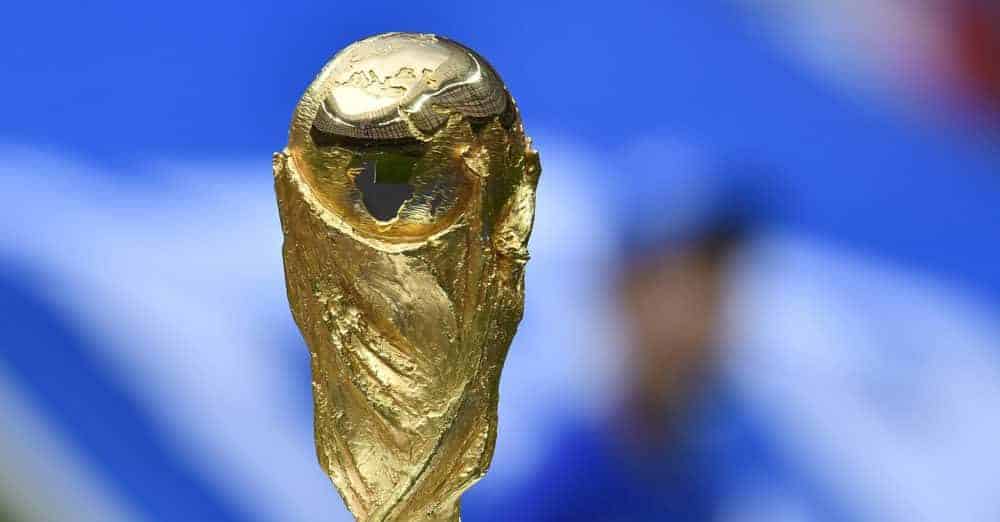There’s a reason why football is the most-watched sport in the world – and that includes key historical events that make up today’s football lore. Have you ever wondered about who has scored the most goals in football history or the fastest goal in football history? You’re on the right page.
Here’s exploring key dates in football history and their significance. According to Aleksandra Andrishak of Slotsjudge, each date and milestone has its unique place in football’s history. For top-notch content, analyses, and valuable insights on football milestone dates, check out valuable insights from Aleksandra. With this article, you’re on a path to understanding the historical context and the impact these key dates had on the development of the game.
- The First Professional Football League
The English Football League (EFL) is the first professional football league in history, featuring professional teams from England and Wales. The EEL continued from inception till 1992, when the foremost 22 teams separated to form what’s now known as the English Premier League.
- The First Continental Cup: Champions League
The first-ever European Cup was held in 1955/56, with sixteen teams participating around the world. They include Milan (Italy), AGF Aarhus (Denmark), Anderlecht (Belgium), Djurgarden (Sweden), Gwardia Warszawa (Poland), Hibernian (Scotland), PSV Eindhoven (Netherlands), Rapid Wien (Austria), Real Madrid (Spain), Rot-Weiss Essen (West Germany), Saasbrucken (Saar), Servette (Switzerland), Sporting CP (Portugal), Stade de Reims (France), and Voros Lobogo (Hungary).
Sporting CP and Partizan played the first European Cup, which ended in a stalemate in a 6-goal thriller. Joao Baptista Martins of Sporting CP scored the first goal of the competition. However, Real Madrid clinched the final match against Stade de Reims after coming from behind to win 4-3.
- World Cup
The FIFA World Cup was inaugurated in 1930 and has been held every four years since then (save in 1942 and 1946) due to the Second World War. Argentina is the current champion, who won their third title on Arabian soil against France in what was termed the greatest final ever in the 2022’s Winter World Cup.
Only eight teams have lifted the FIFA World Cup trophy. They include Argentina, Brazil, Germany, France, Italy, Uruguay, England, France, and Spain.
- Ballon d’Or
The Ballon d’Or is a yearly football award presented by France Football. Dating back to 1956, this prestigious award has moved from catering only to European players to including all players around the world.
Between 2010 and 2015, FIFA and France Football agreed to temporarily merge the FIFA World Player of the Year with the Ballon d’Or, giving rise to the now-defunct FIFA Ballon d’Or. Stanley Mathews of Blackpool was the first winner of the award, while George Weah is the only African to clinch the prestigious prize.
- Pele
The history of football is certainly incomplete without including Pele, widely considered one of the greatest soccer players to grace the pitch. Born Edson Arantes do Nascimento in Tres Coracos, Brazil, in 1940, Pele earned his football name during his childhood.
Pele is the only man to score 1,000 goals in a career, the most for any football player. Under Pele’s leadership, Brazil won the World Cup in 1958, 1962, and 1970. Due to Brazil’s domination of the game, history says FIFA granted Brazil permanent possession of the World Cup’s Jules Rimet Trophy.
- The First International Match
The first international match was between England and Scotland. The leading Scottish side Queen’s Park agreed with FA to bring on a selection of its finest players. About 5,000 spectators graced the event. The match ended in a goalless stalemate.
- Calciopoli
Calciopoli refers to a referee-fixing scandal in Italy’s Serie A and, to a lesser extent Serie B, two top professional football leagues. Various executives from Juventus, Fiorentina, Lazio, Milan, and several other clubs, including referees and assistant referees, were indicted as leaked telephone conversations divulged the shady deals.
Juventus were stripped of the 2004/05 Serie A Title, and we were downgraded to the last place in the 2005/06 season, which meant their relegation to Serie B as a result if the scandal. Various sentences were given to involved individuals (most of who were later acquitted because the cases exceeded the statute of limitations).
- The Fastest Goal Scored
Regarding the fastest goal in football history, the record belongs to a Danish striker. Nicklas Bendtner scored in 1.8 seconds during a match between Arsenal and Tottenham Hotspur. The goal, his first in the Premier League, was also the fastest substitute goal in the league.
In international men’s football, Germany’s Lukas Podolski holds the record for the fastest goal scored, netting just after six seconds during an international friendly against Ecuador in 2013.
Conclusion
It’s probably clearer now why this game enjoys as much popularity as it does globally: the fanaticism, the stars, and the rivalries at the club or national levels. Like every other sport that has succeeded in recent times, there’s hardly a better way to appreciate modern soccer without checking the history books – and that’s what you’ve just done.




